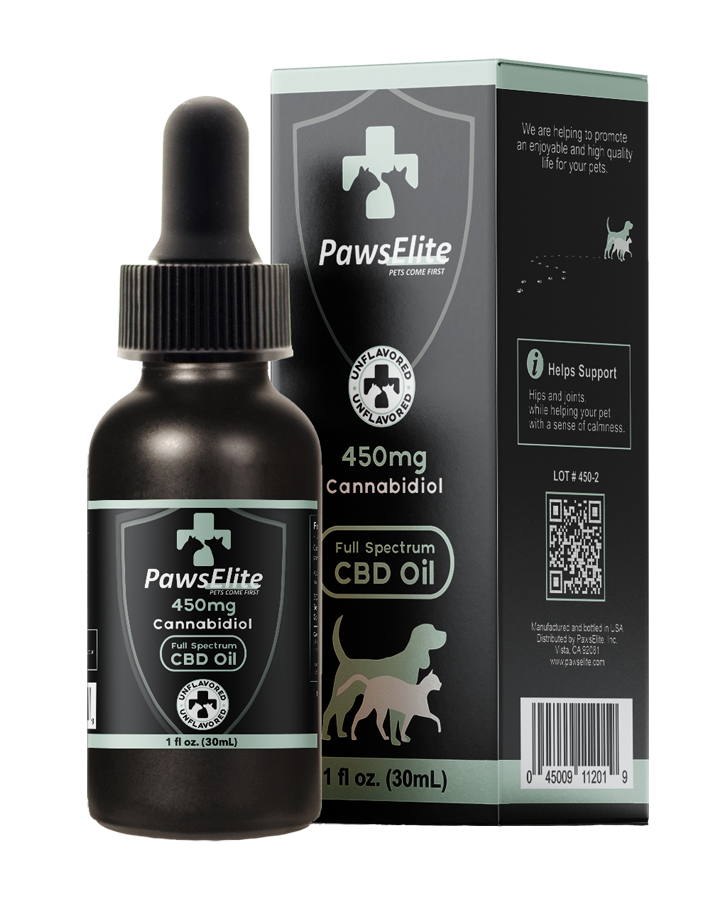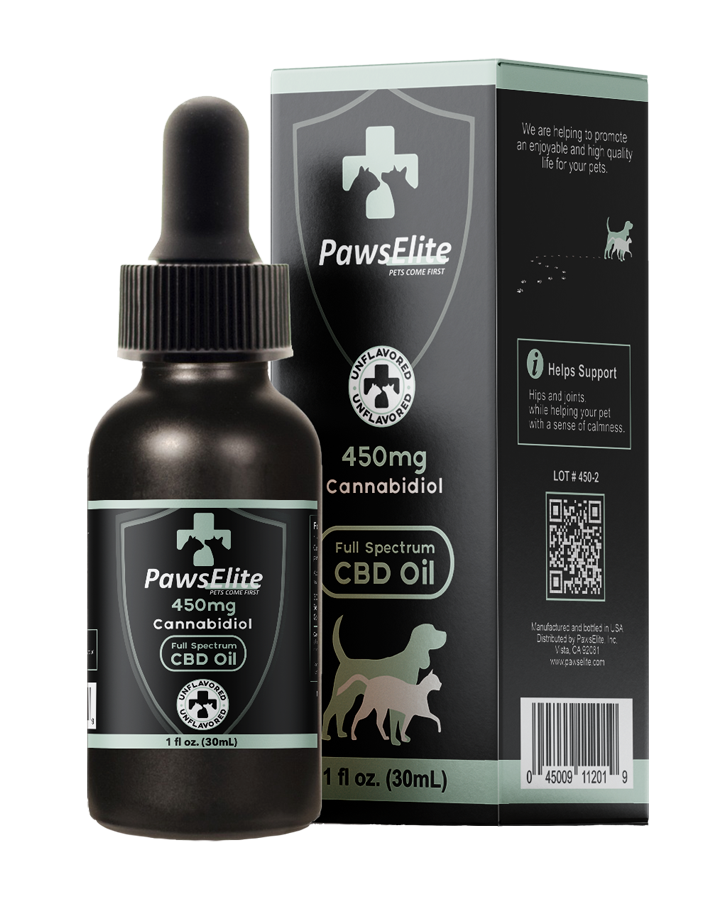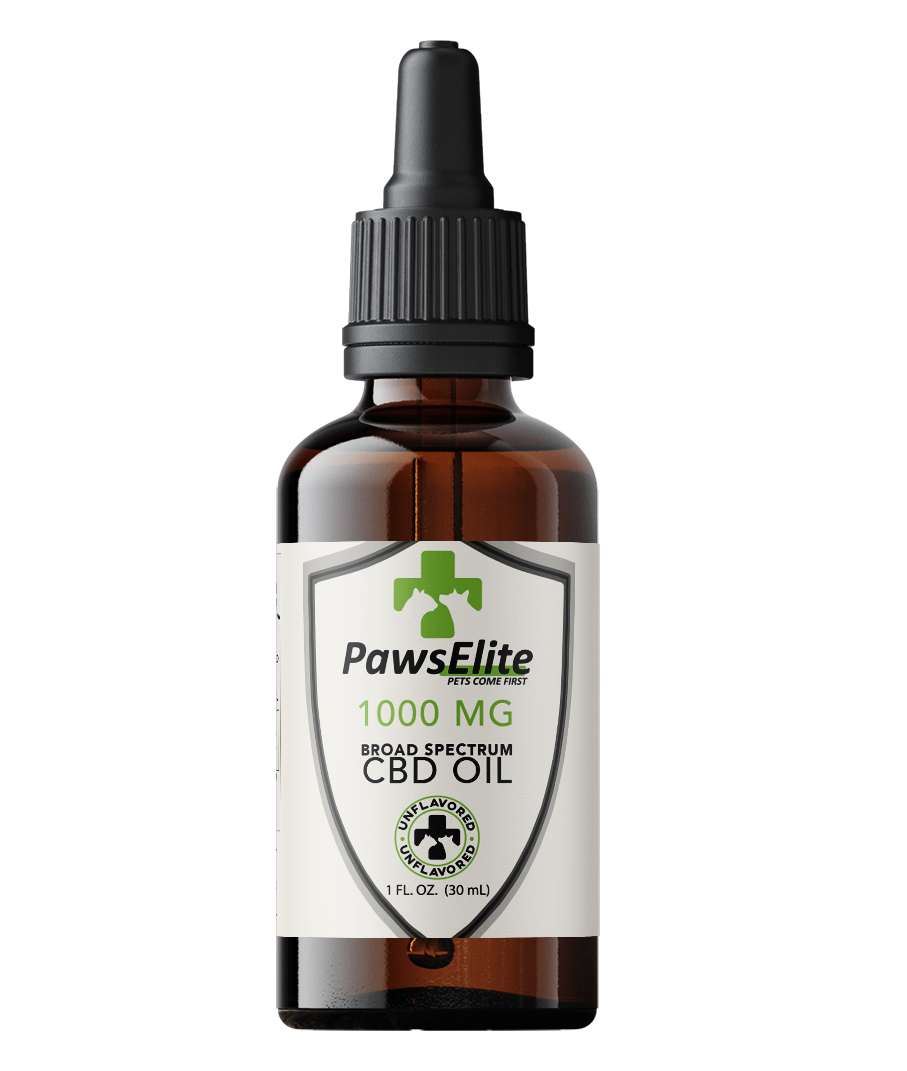
Melatonin for Dogs Offers a Natural Sedative Effect
Share
Anxious dogs, naturally nervous dogs, and those who are extremely high energy may run into many problems, including health problems. It is possible that melatonin can help dogs with severe responses to thunder, fireworks, and even separation anxiety. But, melatonin can also be a great supplement.
Melatonin is naturally occurring and does far more than a standard sedative. In fact, melatonin can help improve a massive variety of mood and health problems in pups. Your fur baby might benefit from this supplement.

Melatonin for Dogs - What You Need to Know
We often get questions about melatonin, especially for use with overactive and anxious dogs. First, let’s explore melatonin. It’s a hormone naturally produced in both animals and humans. It comes from the pineal gland, a small gland near the center of the brain. This hormone regulates when we should be awake, and when we should not. There are countless reasons why our pineal gland might be excreting too much or too little melatonin and either situation comes with issues.
When we, or our furry friends, take melatonin, it helps the body regulate that sleep pattern and minimize insomnia. But it can also deter problems that bring sleep side-effects such as anxiety.
So when should pet owners consider using melatonin for their dog? The most common uses include pups with Cushing’s disease, insomnia, general anxiety, separation anxiety, and even alopecia. It’s a wondrous hormone that, while seemingly insignificant, can affect many areas of your pup’s life.
Is Melatonin Safe for Dogs?
Yes, melatonin occurs naturally within a dog’s system, so there is no reason why they can’t take it as a supplement. However, the dosage is always a concern. You can easily calculate the right dosage for your pup by assessing their condition, size, and weight.
Ideally, you will involve your vet in this process. They can suggest how much and how often your pet might need to take melatonin.
There are times when taking melatonin is not safe. Additives to the melatonin supplements can cause serious side effects. Xylitol is the primary additive known to cause problems in dogs. Xylitol is toxic to dogs. Side effects can include a spike in their heart rate, digestive troubles, and resistance to insulin.
If you notice the symptoms of adverse melatonin side effects, then alert your vet immediately.

|
Rated 5.00/5.00 by PawsElite
Organic CBD Oil for Dogs - 450mg: $52.99
High quality CBD oil with absolutely no smell or flavor. Our products are 100% purged and tested. Our CBD oil is easily digested by dogs for faster relief.
|

Can Dogs Take Melatonin for Sleep and Anxiety?
Dogs can certainly take melatonin to help with sleeplessness, anxiety, and severe problems such as Cushing’s disease. Ensure that you’re using the right dosage and administering it at the right time. Melatonin acts fast, so providing it at the proper time is important. When it comes to dosage that should be a discussion you have with your vet.
As a general dosage guide, dogs under 10 pounds should not receive more than 1mg. Dogs between 10 and 25 pounds should not receive more than 1.5 mg, and dogs between 25 and 100 pounds should receive about 3 mg. Extra-large dogs over 100 pounds may take up to 6 mg.
Alternatively, if your dog experiences anxiety or overactivity throughout the day, and not just when it’s time for bed, you might consider CBD. Dogs that suffer from anxiety, chronic pain, and restlessness could benefit from CBD as an ongoing element in their diet. It’s not usually a good idea to give anyone, including pets, melatonin throughout the day. So if you’re looking for a change for your pup just at night consider melatonin, to address an all-day struggle consider CBD.







